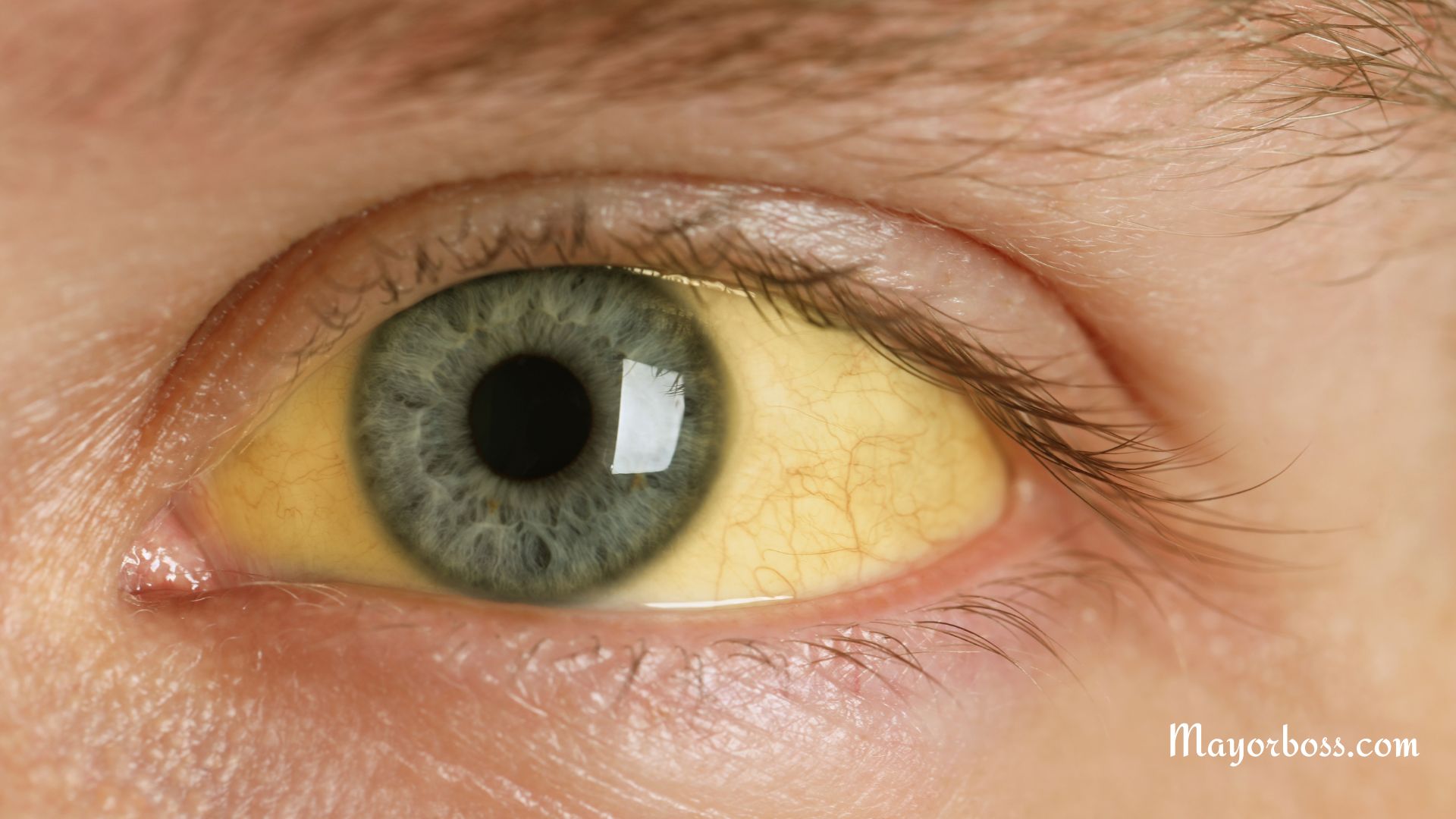What Causes a Headache?
Headaches, a common complaint for many, can disrupt your day and lead to discomfort. You might wonder why these annoying pains occur and how you can address them. In this article, we look at the various causes of headaches.
Types and Triggers of Headaches
Tension Headaches
Tension headaches are the most common. They feel constant aches or pressure around the head, particularly at the temples or back of the head and neck. Stress is a primary trigger. However, other factors like poor posture, lack of sleep, and skipping meals can also play a role.
Migraine Headaches
Migraines are often more severe and can be debilitating. They are typically characterized by intense throbbing pain on one side of the head. Migraine triggers include hormonal changes, certain foods and drinks, stress, and changes in sleep patterns. Some people experience visual disturbances or auras before a migraine attack.
Cluster Headaches
Cluster headaches are rare but extremely painful. They occur in cyclical patterns or clusters. The pain is usually on one side of the head and can be accompanied by watery eyes or nasal congestion. Smoking and alcohol can trigger these headaches.
Sinus Headaches
When you have a sinus infection, you might experience a sinus headache. These are characterized by a deep and constant pain in your cheekbones, forehead, or the bridge of your nose. The pain typically intensifies with sudden head movement or straining.
Environmental and Lifestyle Factors
Certain lifestyle choices and environmental factors can provoke headaches. These include:
- Dehydration: Not drinking enough water can lead to headaches.
- Diet: Certain foods like aged cheeses, processed foods, and food additives can trigger headaches.
- Lighting: Bright or flickering lights, even screens, can cause eye strain, leading to headaches.
- Noise: Loud or constant noise can be a trigger.
- Physical Activity: For some, intense physical activity might lead to exertional headaches.
Medical Conditions
Headaches can sometimes be a symptom of an underlying medical condition. These include:
- High Blood Pressure: Hypertension can cause headaches.
- Infections: Such as colds, flu, or sinus infections.
- Medication Overuse: Overusing headache medication can lead to rebound headaches.
- Sleep Disorders: Issues like insomnia or sleep apnea can cause headaches.

When to Seek Medical Help
If your headache pattern changes or your headaches suddenly feel different, seek medical advice. Also, consult a doctor if you experience headaches after a head injury or if they are accompanied by fever, stiff neck, confusion, seizure, double vision, weakness, numbness, or difficulty speaking.
Remember, understanding your headache triggers is the first step in managing them effectively. Simple lifestyle changes, like staying hydrated, exercising regularly, and managing stress, can significantly reduce the frequency and severity of headaches. Always consult a healthcare professional for advice and treatment options for persistent or severe headaches.






